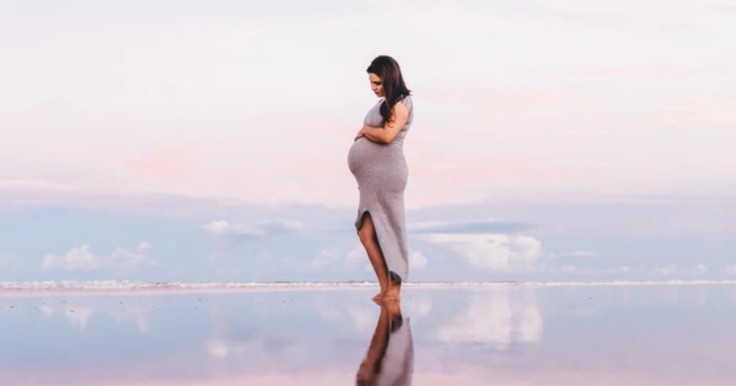
Although it has long been known that changes may occur during pregnancy and that pregnancy can give rise to kidney stones growth, proof of the link between the two is still lacking. However, experts from Mayo Clinic believe that they have the evidence for this.
A study that reviewed the records for nearly 3,000 female patients from 1984 to 2021 finds that pregnancy tops the risk of first-time signs of kidney stones. The risk peaks close to giving birth, and then it improves by one year after it. Still, fair chances of kidney stone growth can continue even beyond one year after this.
The research
Published in the American Journal of Kidney Diseases, the study includes 945 women who went through first-time signs of kidney stones and 1,890 age-matched female control subjects.
The study's goal was to know whether the risk of first-time kidney stones signs increased with pregnancy. The study also seeks to understand if the risk varied across different periods before, during, and after pregnancy.
Dr. Andrew Rule, the study's senior author, said that they had a feeling that the risk of kidney stones would be high during pregnancy. Still, they were shocked that the risk remained high for up to a year even after giving birth.
Dr. Rule added that there also remains a slightly increased risk of kidney stones beyond a year after giving birth.
He said that such findings imply that while most kidney stones that form during pregnancy can be found early by a painful passage, some may remain stable in the kidney undetected for a more extended period before being removed, resulting in a painful path.
Kidney stones during pregnancy
The result of kidney stones during pregnancy can be tricky because there is a limit to imaging options due to concern about being exposed to radiation, as Dr. Rule stated. Besides, treatment can also be complex.
Dr. Charat Thongprayoon, also the study's author, said that many fleshly reasons might explain why pregnancy gives rise to kidney stones. Dr. Thongprayoon added that knowing that there is a higher risk of kidney stones during pregnancy can help health care providers offer ways for women to prevent and avoid this.
A urine blockage due to kidney stones can cause pain that some patients describe as the worst pain they have ever felt, said Dr. Thongprayoon. Besides, during pregnancy, kidney stones may give rise to severe problems. He added that this study's results showed that prenatal counseling about kidney stones might be called for, mainly for women with other risk factors for kidney stones like obesity.
Avoiding kidney stones
A general diet to avoid kidney stones includes high fluid intake and a low salt diet. Experts in Mayo Clinic suggest appropriate calcium intake during pregnancy of at least 1,000mm per day, much rather from dairy products than calcium supplements.
The project paved the way for vital research to find causes, treatments, and cures for disease. It is also supported by the National Institutes of Health, U.S. Public Health Service, and National Center for Advancing Translational Sciences.